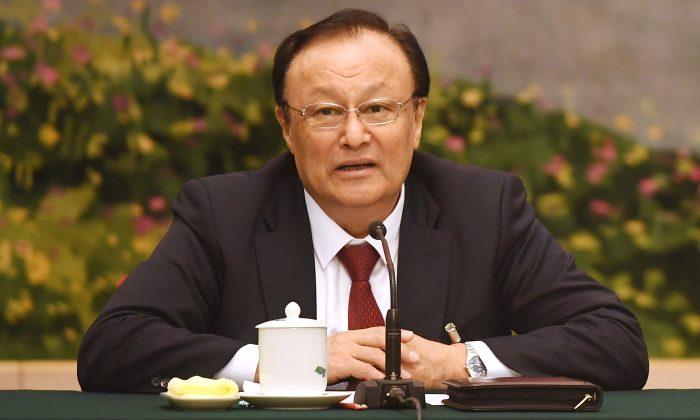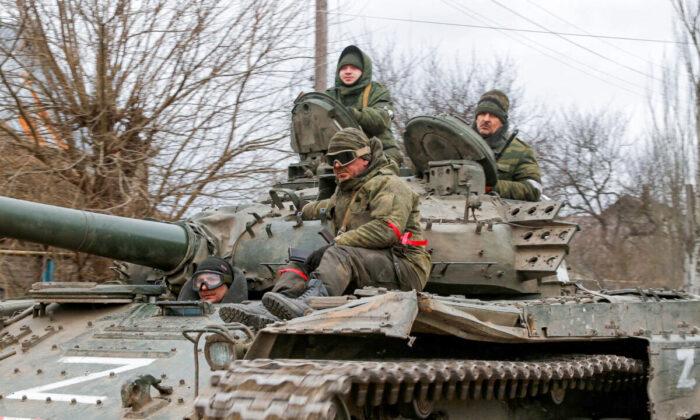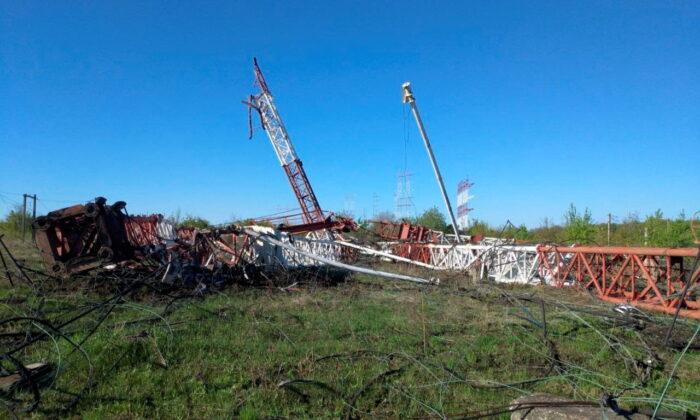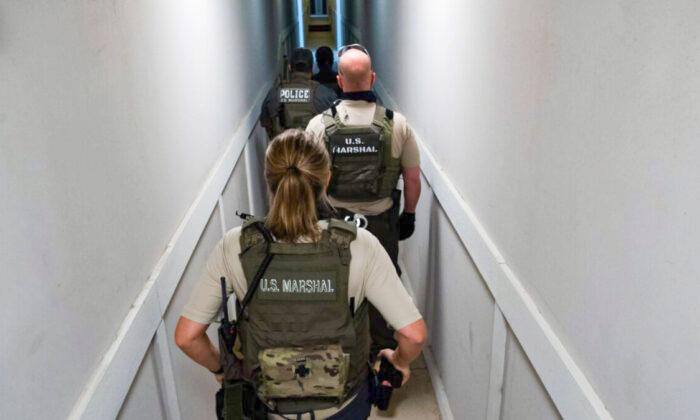Beijing announced on Jan. 7, it is willing to invite United Nations (UN) officials to visit its “vocational re-education centers” in Xinjiang, as long as they follow the proper procedures and obey Chinese law.
The announcement comes amid escalating global concern over reported human rights abuses in the region, and follows arrangements by the Chinese Communist Party (CCP) over the past few weeks to allow selected diplomats and foreign journalists to visit the mass internment camps in China’s northwestern region.
As many as one million majority Uyghurs and other Muslim minorities are believed to be detained in the facilities, according to UN estimates.
Speaking at a regular briefing in Beijing, spokesman for China’s Foreign Ministry, Lu Kang, said the visit would be permitted for UN officials and other parties if they “abide by Chinese law and comply with relevant procedures,” a transcript reads on the Foreign Ministry’s official website.
Lu also urged UN officials to “avoid interfering in domestic matters or undermining [China’s] sovereignty” and instead take on a neutral and objective attitude.
“We will welcome any of the UN experts to visit Xinjiang to know the real situation and we hope their comments will be based on facts and ground realities,” Zakir told a small group of foreign journalists who were granted rare media access to several facilities in southern Xinjiang.
The reporters, who were taken to facilities in Hotan, Kashgar, and Karakax, were told that relevant UN experts would be able to visit to listen to the voice of the majority, who he said would be objective and fair.
He added that he hoped some individuals “will not damage our national interest and the national unity among the people seeking a wealthy and happy life.”
In past weeks, a similar visit was organized for diplomats from 12 countries including India, Russia, Thailand, Kazakhstan, and Indonesia, according to Xinjiang officials.
“We are teaching the national common language, law and regulations to aware them about the country and world as well as their legal rights, obligations, and duties,” Zakir said.
Former Uyghur detainees have told The Epoch Times that they were subject to torture, forced to denounce their faith and pledge loyalty to the CCP while held in the often overcrowded facilities.
- Prisoners Tortured, Drugged, Killed by Injection in Xinjiang ‘Re-Education Camps,’ Ex-Inmate Reveals
- Uyghur Children Kidnapped by the State, Put in Xinjiang’s State-Run ‘Orphanages’
- Witnesses Fear Chinese Regime Murdering Uyghurs for Their Organs
- Former Uyghur Inmates Tell of Torture and Rape in China’s ‘Re-Education’ Camps
Numerous testimonies have revealed the widespread human-rights abuses suffered by those within the camps.
The comments made by the pair were foreshadowed by numerous media reports that Xinjiang officials are drastically ramping up efforts to conceal evidence of the scale and true nature of “vocational re-education centers” in preparation for an international inspection.
Thousands of Uyghurs have been secretly transferred from Xinjiang to facilities throughout China, and barbed wire and CCTV cameras are being removed from the camps, according to several sources in the region.
It is not the first time China has taken extreme measures to attempt to deceive international inspection teams.





